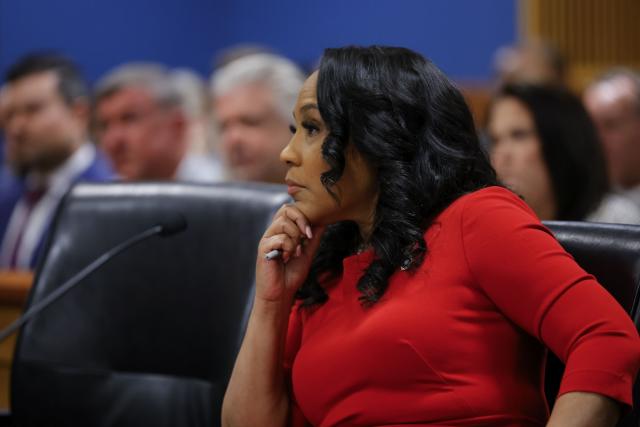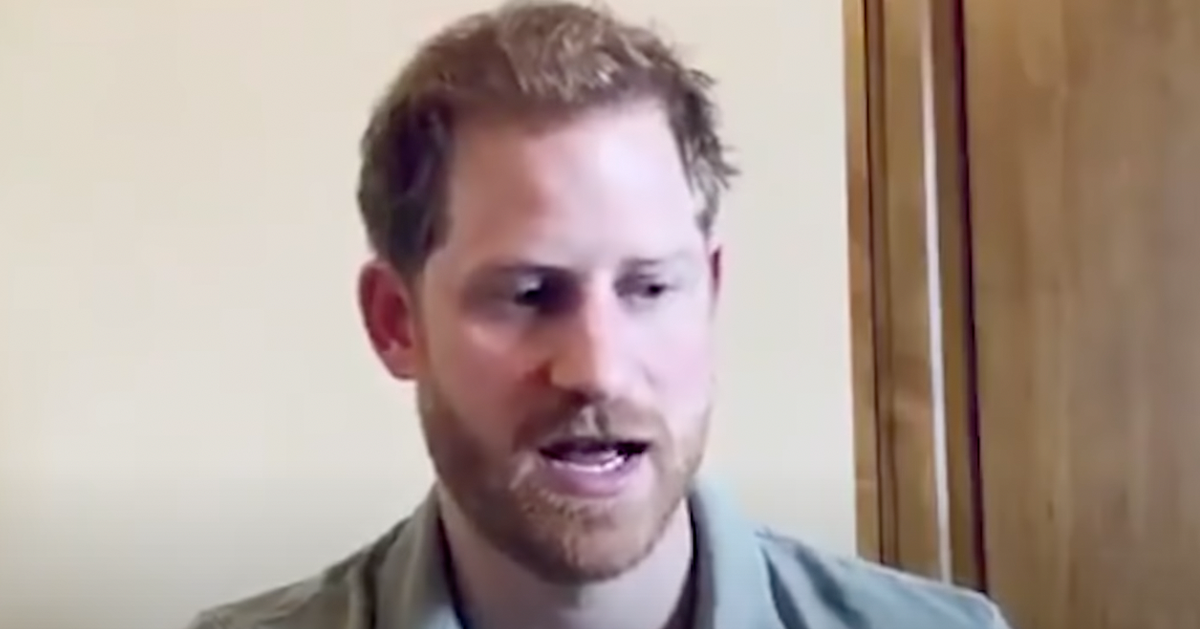Pre-Approved Questions Spark Debate Over Biden Interviews as Second Radio Host Comes Forward
Two local radio hosts who recently interviewed President Joe Biden have acknowledged receiving pre-approved questions from his team beforehand, stirring concerns about the authenticity of the interviews.
The admissions from Andrea Lawful-Sanders -- and now from Earl Ingram -- have led to discussions about Biden’s ability to manage unscripted interactions and the implications for his perceived readiness for his campaign against Donald Trump, as Fox News reports.
Local Milwaukee radio host Earl Ingram of WMCS disclosed on Saturday that he received five pre-approved questions in advance of his interview with President Biden. In a statement given to ABC News, Ingram confirmed the arrangement and detailed how the interview unfolded.
Ingram noted that he didn’t have the opportunity to ask all desired questions during the interview, due to time constraints. One of Ingram’s questions focused on President Biden’s accomplishments.
Another Host Admits to Pre-Approved Questions
Ingram's disclosure followed a similar revelation by another local radio host, Andrea Lawful-Sanders. Lawful-Sanders, during a conversation with CNN's Victor Blackwell, acknowledged receiving and approving the pre-written questions sent by Biden’s team.
Lawful-Sanders further mentioned that the questions covered a range of topics including Biden’s debate performance, his progress in pivotal states like Pennsylvania and Wisconsin, the stakes of the upcoming election, and his advice to undecided voters.
The questions Lawful-Sanders posed were reportedly "essentially the same” as those asked during Ingram's interview. This admission raised questions about the degree of coordination and control exercised by Biden's team, and Lawful-Sanders has since been fired from her station for using the questions sent by the White House.
Impact on Interview Authenticity
Ingram expressed his gratitude for the opportunity to interview President Biden, emphasizing the significance of the encounter. He stated, “Certainly, the fact that they gave me this opportunity ... meant a lot to me.”
Despite Ingram's appreciation, the practice of providing pre-approved questions has elicited criticism. CNN anchor Victor Blackwell suggested that sending questions in advance might not effectively address concerns about the President’s ability to engage in spontaneous dialogue.
"It's just that if the White House is trying now to prove the vim, vigor, acuity of the president, I don't know how they do that by sending questions first before the interview so that the president knows what's coming," Blackwell commented.
Campaign's Justification and Defense
In response to the criticism, Biden campaign spokesperson Lauren Hitt defended the practice as common and necessary. Hitt explained that the questions were directly relevant to current news topics and focused on issues that were significant to the audience.
“These questions were relevant to news of the day," Hitt said. "The president was asked about this debate performance as well as what he'd delivered for black Americans.”
Hitt also asserted that the campaign did not make the interviews contingent on the acceptance of these questions. "We do not condition interviews on acceptance of these questions, and hosts are always free to ask the questions they think will best inform their listeners," she added.
Concerns About Election Credibility
The revelations about pre-approved questions have sparked a broader conversation about the credibility of media interactions with political figures. Critics argue that the practice undermines the authenticity of interviews and potentially shields politicians from tough, unscripted questions.
However, supporters argue that providing pre-approved questions helps ensure that significant topics of interest are addressed, thereby creating informative and substantive discussions.
The interviews with Biden by Ingram and Lawful-Sanders are part of a series of efforts by the president’s campaign to engage with local media outlets and reach voters in key states. Ensuring that the president’s message is clear and consistent is a central strategy of the campaign, but this controversy has not helped matters.
Balancing Pre-Approval and Transparency
While the practice of providing pre-approved questions is defended by the administration as widespread and standard, it highlights the delicate balance between preparing for meaningful interviews and maintaining transparency. The ongoing debate emphasizes the need for media interactions that are both informative and authentically representative of spontaneous discourse.
As the election campaign progresses, the scrutiny on media practices will likely continue. Observers and critics will watch closely to see if the transparency and perceived readiness of candidates can align with the public’s expectations of unscripted and genuine dialogue.





